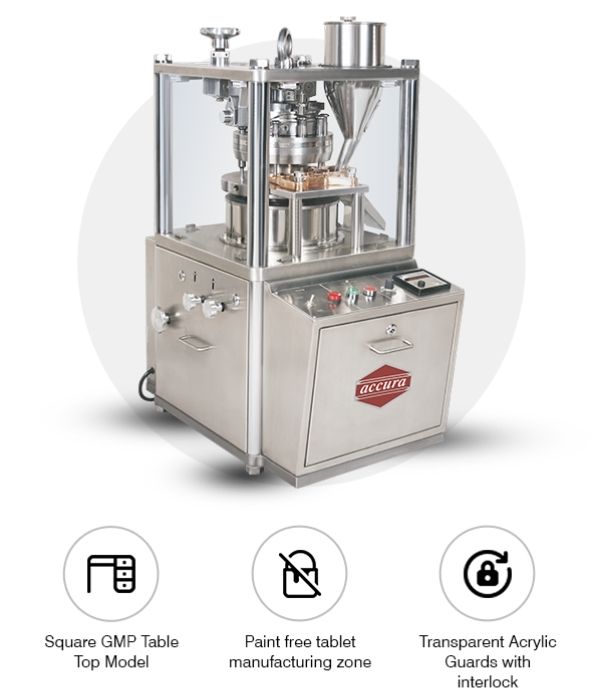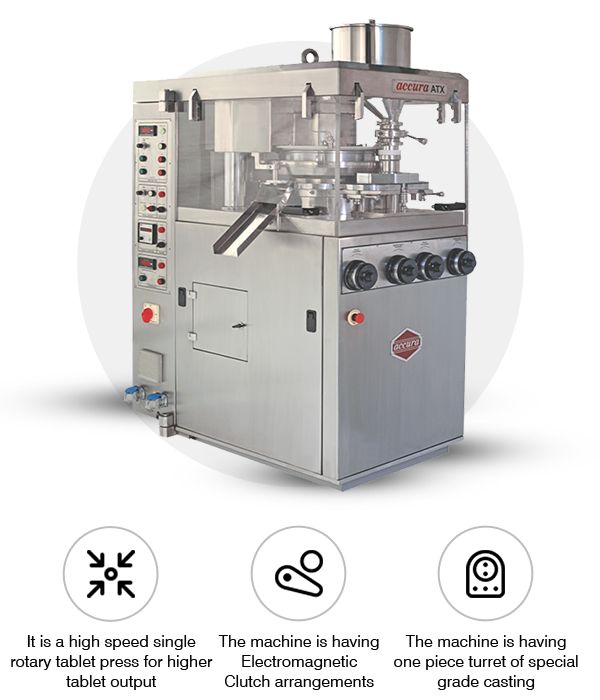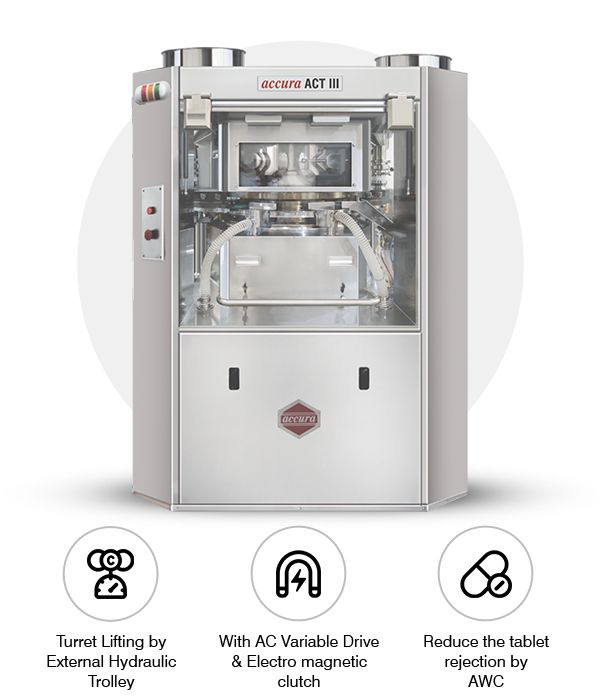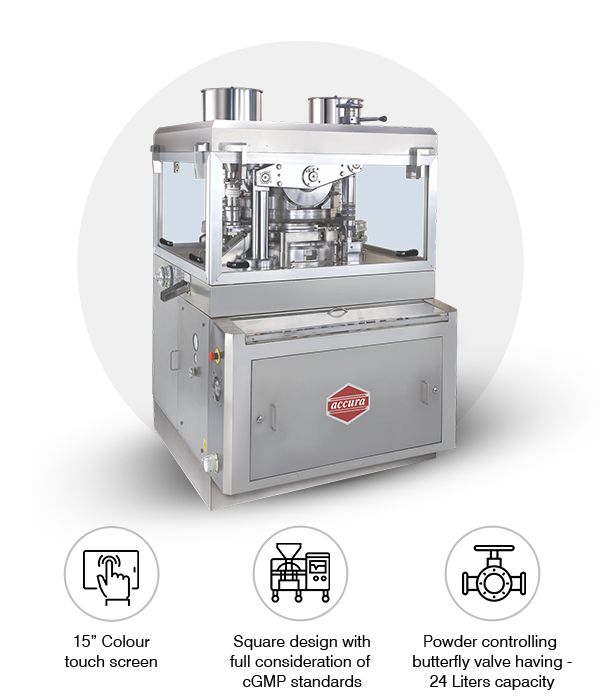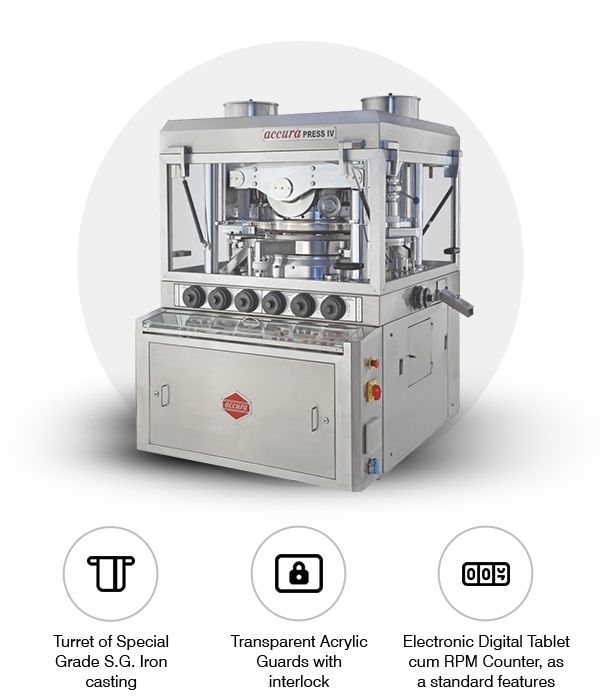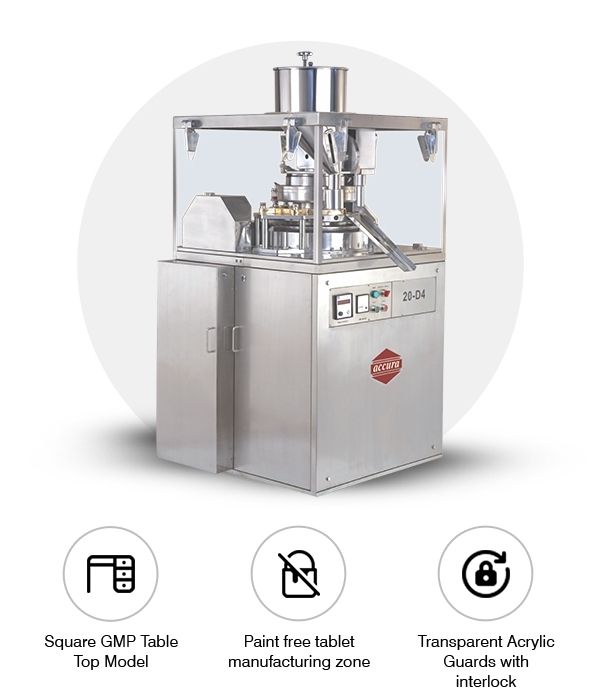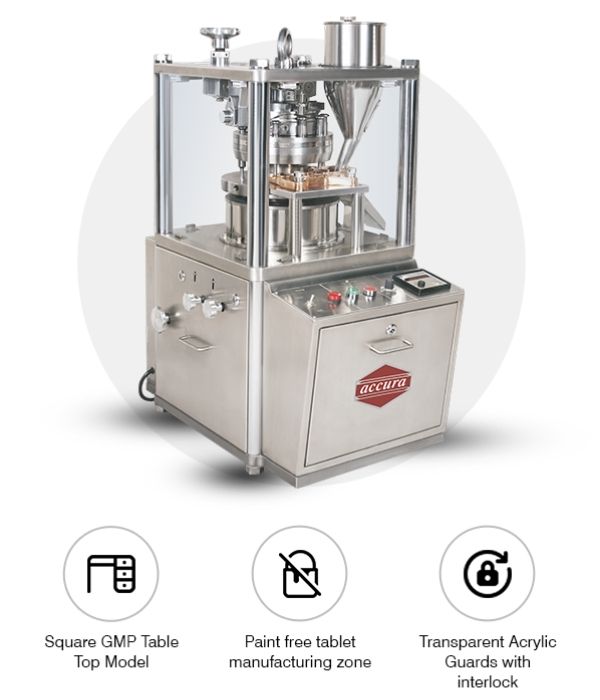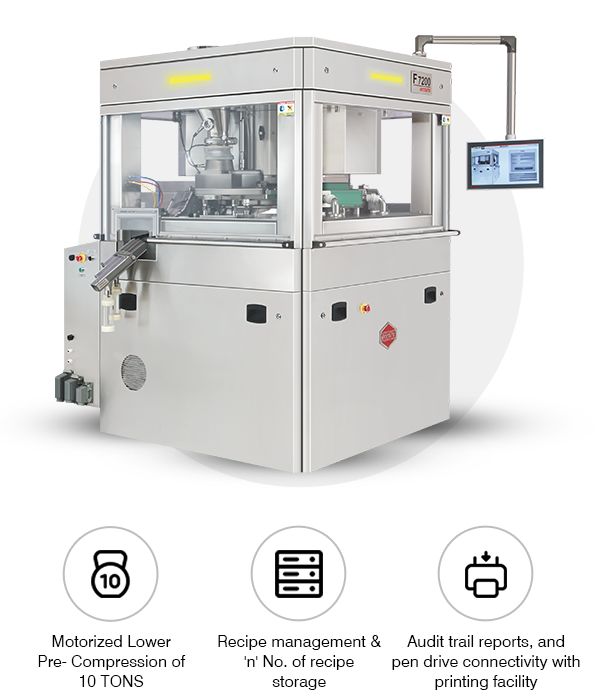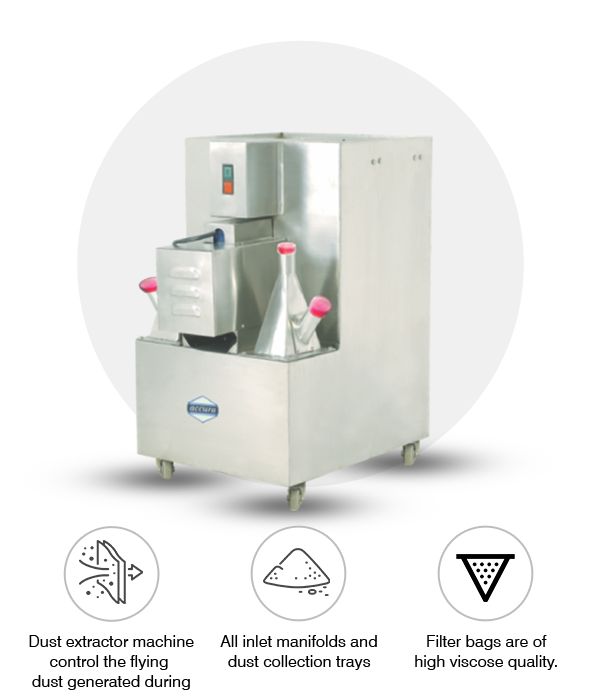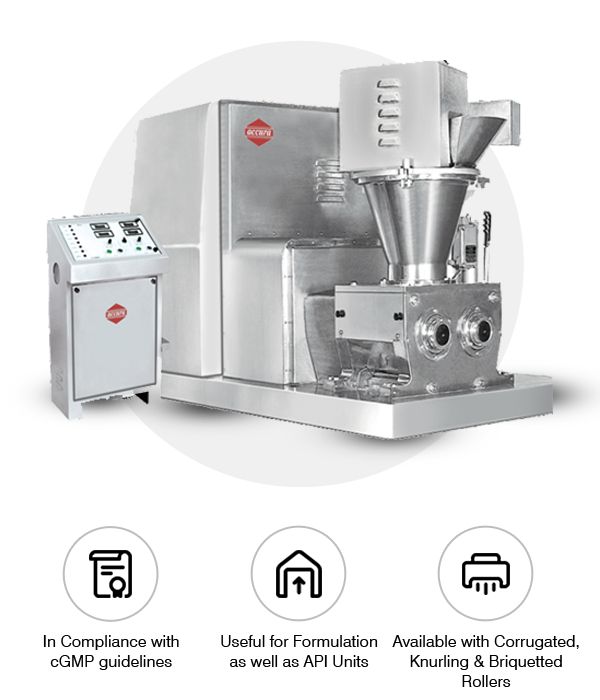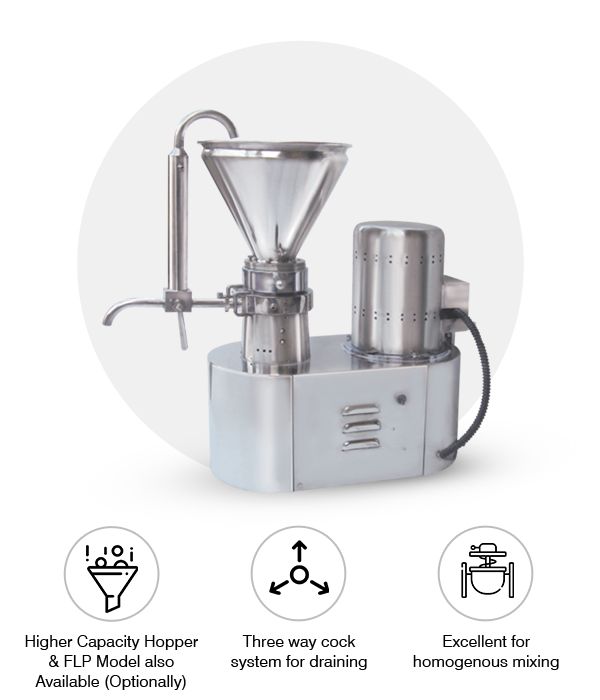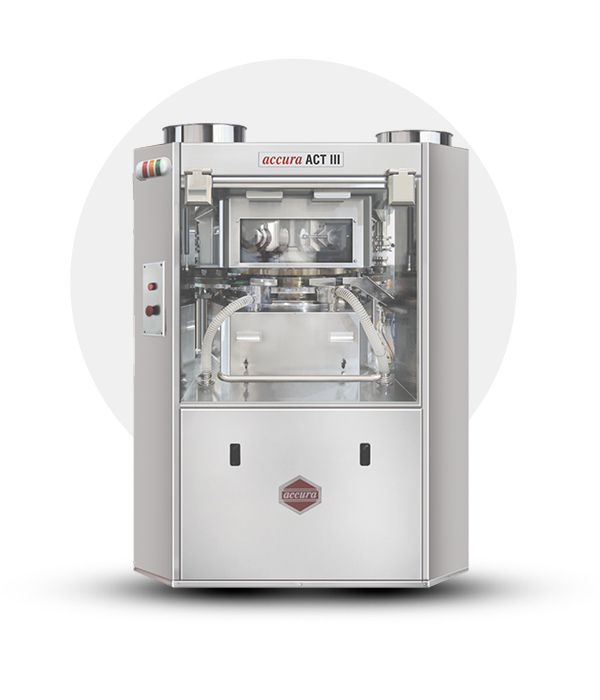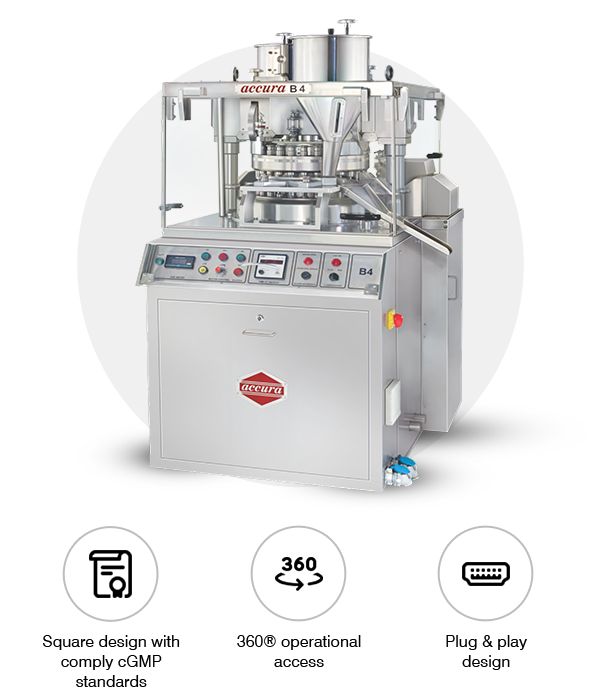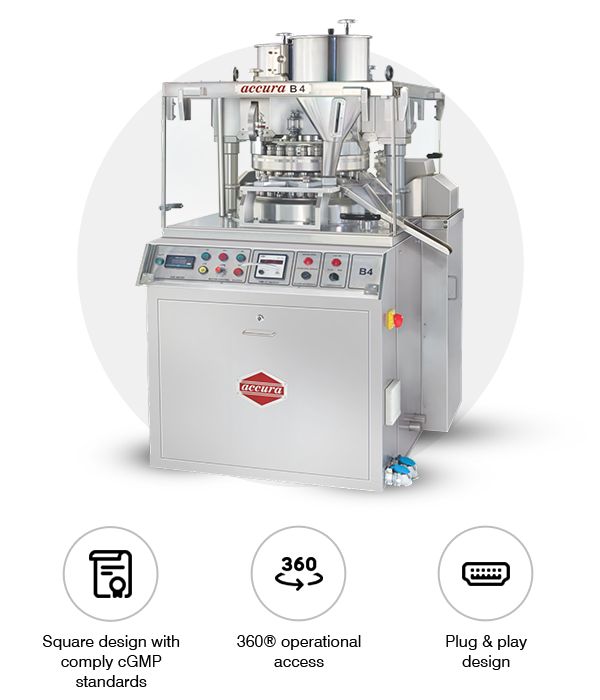What are the Best Tablet Press Machines Available for Pharmaceutical Manufacturing in India?
The objective of this article is to provide pharmaceutical manufacturers in India with an in-depth understanding of the best tablet press machines available for production.
What are the Features to look for when buying a Tablet Compression Machine?
The objective of this article is to provide a comprehensive exploration of the technical features, operational advantages and selection criteria for modern pharmaceutical solid-dosage manufacturing systems.
Maintenance Checklist for the High Speed Double Rotary Tablet Press Oil-Immersed Gearbox.
The primary objective of this article is to provide a comprehensive guide on maintaining the oil-immersed gearbox of high-speed tablet compression equipment.
High Speed Tablet Press: Protecting Assets with Motorized Hydraulic Power Packs
This article explores the critical role of motorized hydraulic power packs in safeguarding high-speed tableting equipment.
Operational Safety in Tablet Compression: A Breakdown of the 4-Side Interlock and Overload Systems
The primary objective of this article is to provide an in-depth exploration of the advanced safety mechanisms integrated into modern tablet compression technology.
Which Company Manufactures High-Quality Rotary Tablet Presses In India?
To explore the pharmaceutical engineering landscape in India and identify the leading regions responsible for manufacturing high-performance compression technology.
What are the Best Tablet Press Machines Available for Pharmaceutical Manufacturing?
Choosing the right equipment for pharmaceutical production is a critical decision that influences efficiency, compliance and product quality.


